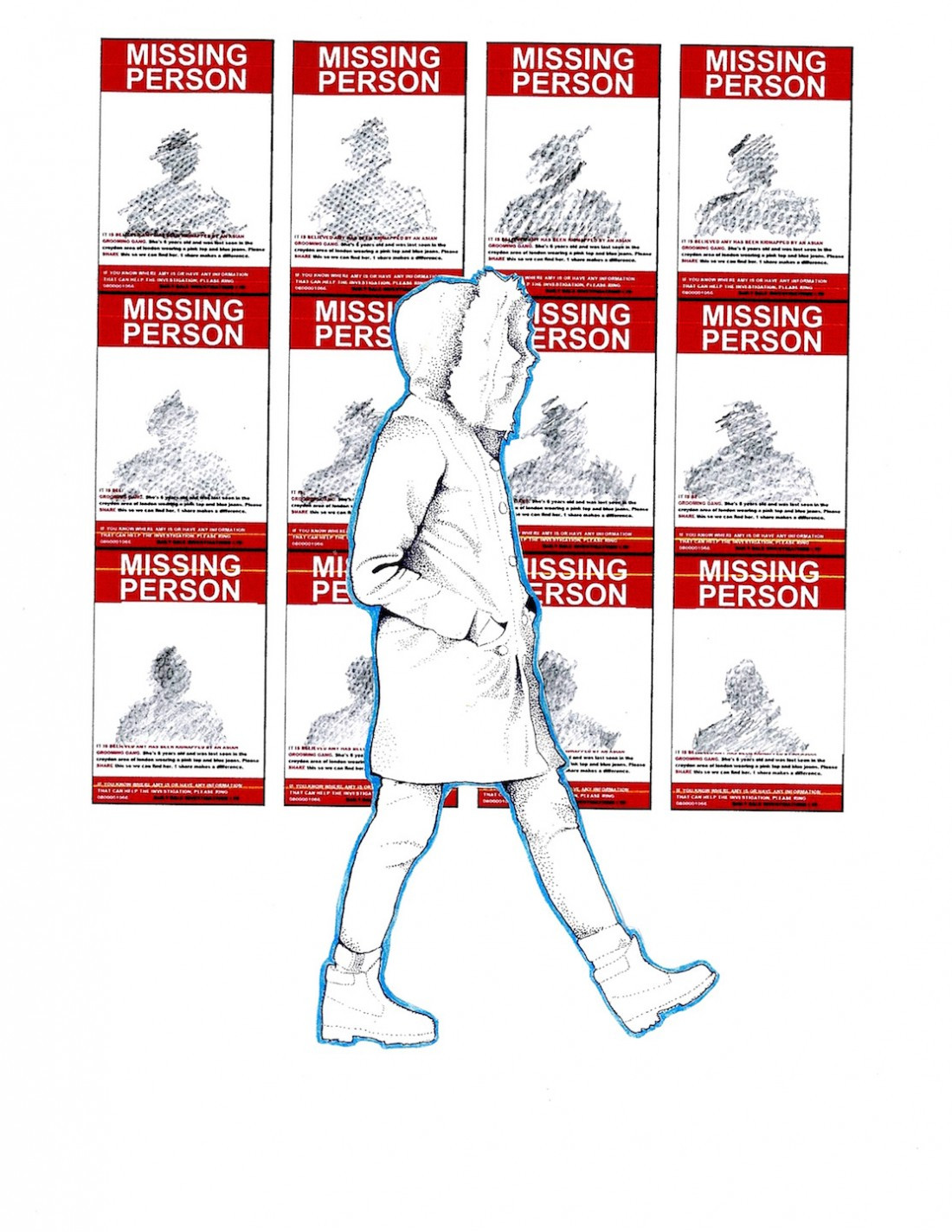Boots on the ground
Bear Clan navigates urban spaces to assist those in need

According to the Missing Persons Unit of the Winnipeg Police, approximately 80 people are listed as missing in Winnipeg currently.
Approximately 5,000 cases of missing persons are investigated by the police every year. There are also around 1,700 people living on the streets. With numbers like that, extra boots on the ground can make a world of difference.
James Favel, project coordinator at Bear Clan, has been navigating urban spaces, looking for missing people for the last 18 months. Bear Clan is a group of volunteers who patrol the streets of Winnipeg looking for people in distress and helping to restore harmony to the community.
“We are always on. Always searching, looking for the addicted and the homeless population, for young women, anyone who needs us,” Favel says.
“We know where all the hidey holes are. We know the areas that people are frequenting. We are doing wellness checks.”
Bear Clan patrols the streets four days per week from 6 to 9 p.m. searching for the lost, the homeless, the addicted population, or just those who need help. Walking the streets on foot is an ideal method of navigating the urban landscape and looking for people, Favel says.
“You don’t see at 50 kilometres per hour what we see on the ground. That’s one of the changes that we made in the past. Bear Clan was predominantly mobile, but with this new ground we found that we are more effective on the ground, shoulder to shoulder, eye to eye. Our successes have shown that.”
Patrolling the city on foot allows Bear Clan to build relationships and trust with people who reside on the street. Relating to people, understanding their perspective and gaining their trust makes it easier to help them.
“We have developed a relationship with our community members. In the beginning people swore at us. Now people are coming to us. We give them goody bags, gloves, scarves, we understand their perspective,” Favel explains.
Bronwyn Dobchuk-Land, instructor of criminal justice at the University of Winnipeg, says that seeing things from the perspective of those in need is the best way to help them.
“Building relations with people who are on the streets is necessary because we need to respond to what they think they need, and not what we think they need,” Dobchuk-Land says. “There is a shortage of affordable housing, addictions treatment programs and just a lot of things that people need.”
Bear Clan continues to patrol the streets four days per week, regardless of the weather. They know what to look for and they never give up.
“We look under and behind and in things to make sure that there is no one being hurt. We found people passed out in bus shelters, we found homeless people, we see people living outside,” Favel explains. “We are not the police, but we are a force.”
Published in Volume 70, Number 26 of The Uniter (March 31, 2016)






